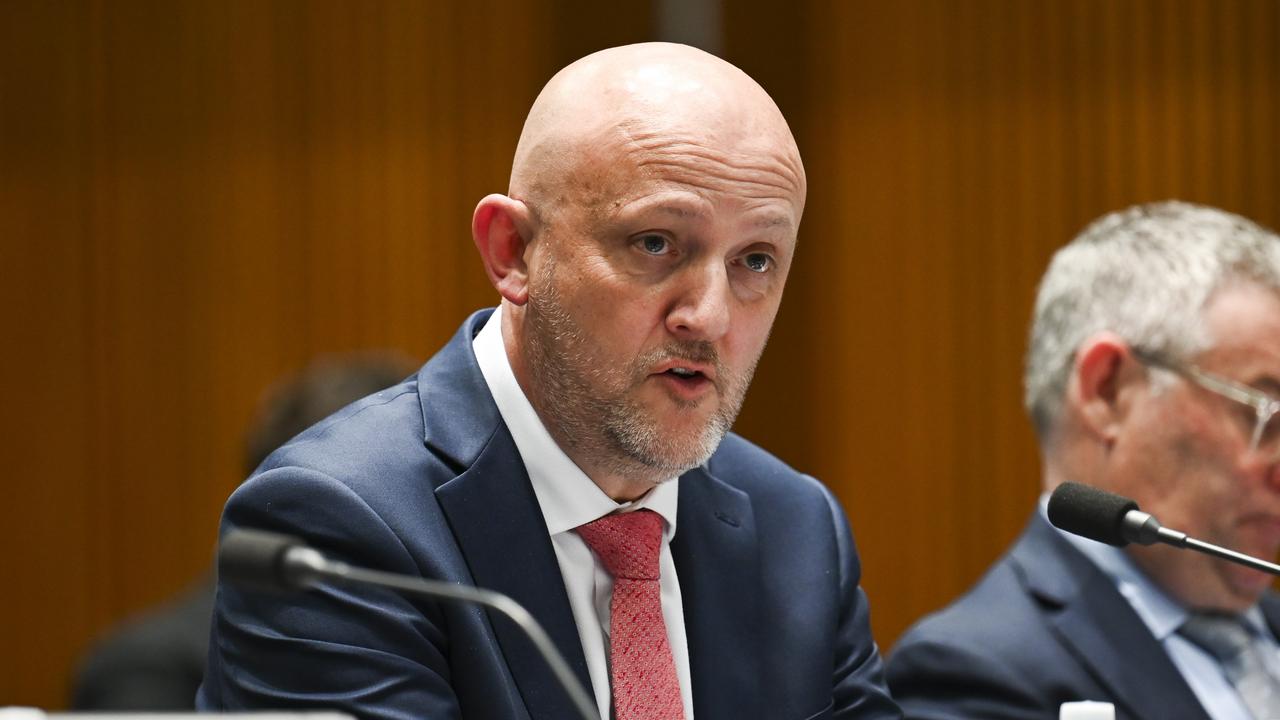No ‘one-size-fits-all’ for spy acting on behalf of a foreign government, expert says
As Australia faces increasing threats to its security from foreign spies, the stark truth about what a spy would realistically look like has been revealed - and it’s no James Bond lookalike.
What does a spy look like?
Here’s a tip: he’s not dressed in black, tiptoeing down a hallway or jumping out of an aeroplane wearing an Armani suit.
A more realistic picture would be a so-called consultant dropping a friendly message on LinkedIn or a “colleague of a colleague” asking for a drink at a networking event after work.
It’s been just over a week since the director of the nation’s top security agency revealed that a sophisticated foreign intelligence group had successfully cultivated and recruited a former Australian politician to feed secrets to an overseas regime.
Following the revelations from ASIO chief Mike Burgess, who issued a stark warning that Australia was increasingly being targeted by foreign spies, a wildfire of speculation erupted over the individuals identity.
According to security expert Rhys Crawley, a senior lecturer in history at UNSW Canberra, there is no cookie-cooker mould that spy hunters can go off on – making it incredibly tricky to pin them down.
“There’s no ballpark that makes finding them easy, no typical individual, so you’re not going to certainly see someone that looks like James Bond,” he said.

“The people that do this, whether they’re the intelligence officers, the staff of intelligence organisations of whichever country, or whether they’re the people that they cultivate and recruit, those people are of different ages, genders, sexual preferences.
“It’s just anyone in society, and they don’t look a certain way – and they don’t necessarily act a certain way.”
During his annual threat assessment of Australia’s national security landscape, Mr Burgess detailed an operation by a dedicated unit he dubbed the “A-team”.
He said the group, who posed online as consultants, head hunters and local government officials, offered thousands of dollars to people in exchange for policy information, including bonuses for “exclusive” details.
They roped in academics, business people, researchers, police and public servants at “all levels of government”.
Dr Crawley said there were four major motivators that drove people to turn against their own country: money, ideology, compromise and ego.
“A key one is ideology and we certainly saw this during the Cold War, for example. People might be living in a communist country like Russia and really hate that system and so they would be prepared to conduct espionage,” he said.
“Another is ego. They might do it for the excitement or wanting to feel special and important in history, and intelligence agencies tend to think in that way as well.
“Or they might have put themselves in a situation where they can be blackmailed and they don’t have a choice.”

Politicians remain key targets for foreign actors seeking to recruit for purposes of espionage; however, anyone with access to high-level defence, risk and security information are considered fair game.
While attempts at espionage have been common, known cases of elected leaders in Australia being successfully cultivated and recruited into foreign schemes had been incredibly rare, Dr Crawley said.
But he was surprised to hear Mr Burgess’ most recent warning, given ASIO’s strict history of keeping national security matters behind closed doors.
“Historically, ASIO hasn’t been very open. The current director-general Mike Burgess has been very transparent, as have his two predecessors. That is a pretty new phenomenon and we benefit as a nation,” he assured.
“It doesn’t surprise me that he hasn’t named the individual, but it surprised me that he told us anything.”





